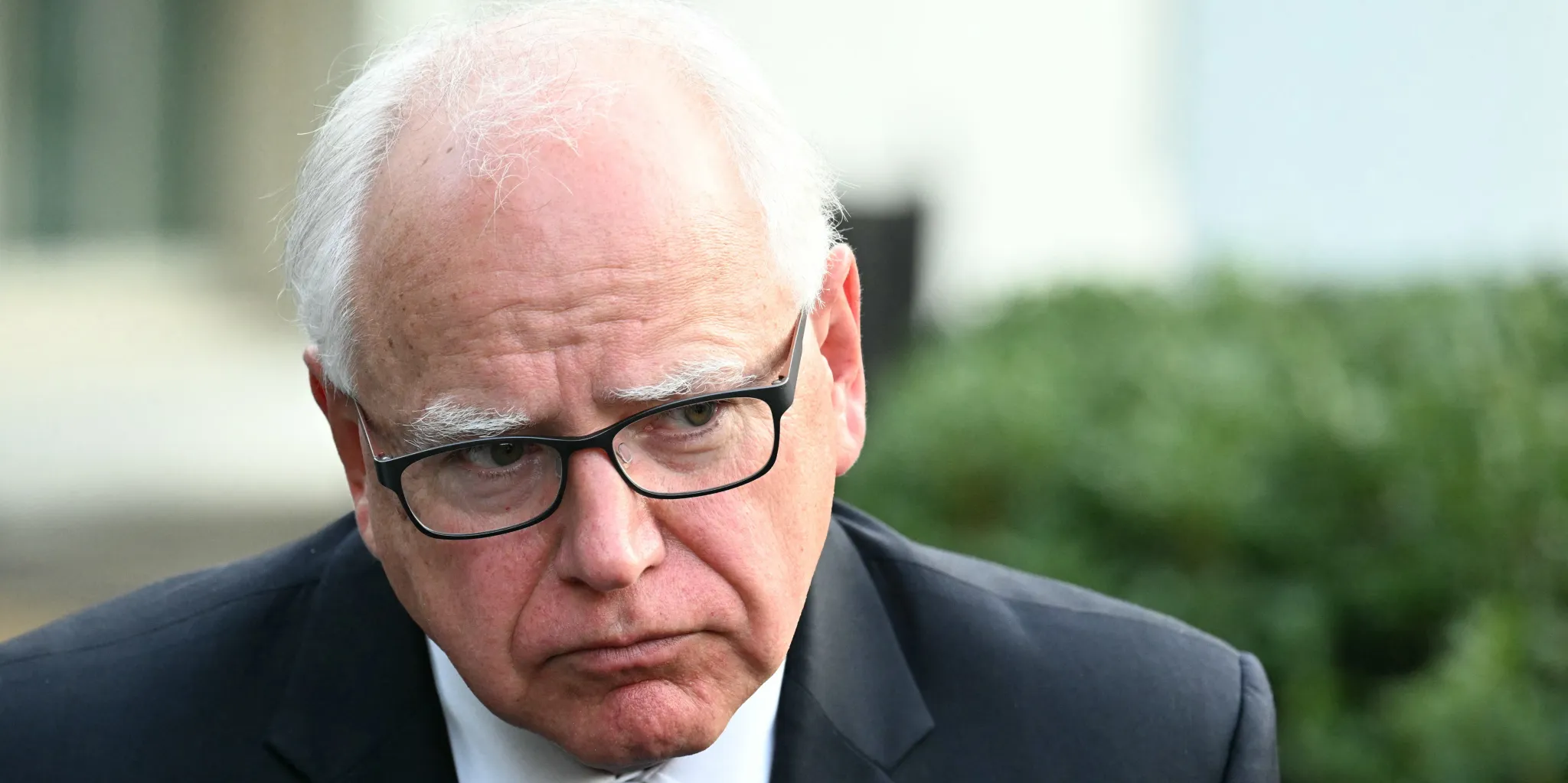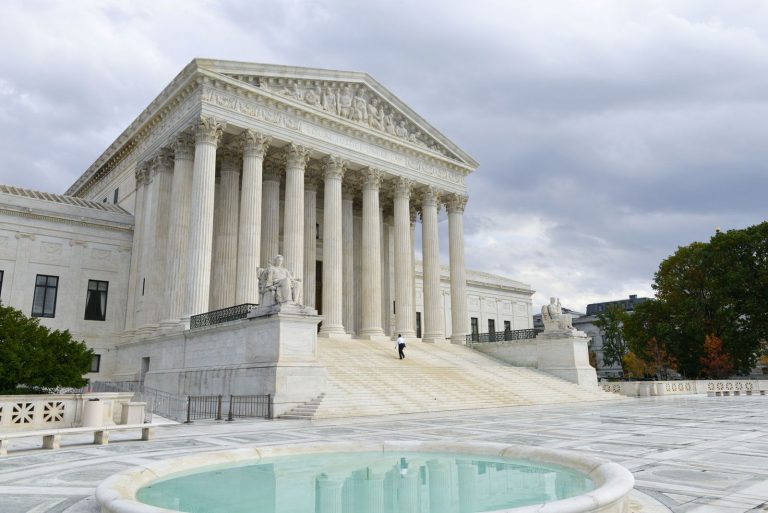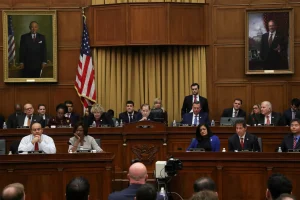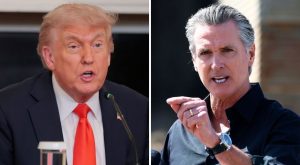Critics question the governor’s remarks on U.S. credibility in global diplomacy
Minnesota Governor Tim Walz stirred significant controversy this week after proposing that China might be better positioned than the United States to lead peace negotiations in the Middle East. Speaking during a policy forum hosted by the Center for American Progress (CAP) in Washington, D.C., Walz questioned America’s credibility in the region and floated the idea that China could now be seen as a more neutral and morally authoritative power.
The event, titled “What’s Next: Conversations on the Path Forward,” featured Walz alongside moderator Neera Tanden, CAP’s President and CEO. During the discussion, Walz addressed the rising tensions between Israel and Iran, particularly after recent Israeli military actions. “Iran feels compelled to respond,” Walz said. “The Middle East is back on fire in a way that has now expanded beyond just regional disputes.”
He then posed a thought-provoking question to the audience: “Who is the global voice that can negotiate some type of agreement? Who holds the moral authority?”
Walz quickly answered his own question with a surprising assessment. “We’re not seen as a neutral actor. Maybe we never were,” he stated, referencing the U.S.’s declining influence in the region. He acknowledged that while the United States once attempted to play the role of mediator, particularly during the Iran nuclear deal negotiations, the perception of American impartiality has eroded.
He continued, “The neutral actor in this case might be the Chinese.”
The governor’s remarks drew immediate backlash online and from political commentators, many of whom criticized the idea of China being described as holding “moral authority” in global affairs. Detractors pointed to China’s own human rights record and authoritarian domestic policies, questioning how such a government could be considered a fair or ethical peace broker.
Walz, who was Kamala Harris’ running mate in the 2024 presidential election, did not elaborate on why he views China as morally suited for the role or what specific diplomatic advantages it might offer in the volatile Middle East. The absence of detailed reasoning left many observers puzzled and concerned.
Supporters of Walz argue that his comments reflect a growing global reality: the U.S. is no longer the sole superpower shaping diplomatic outcomes, and acknowledging this shift is crucial for future policy development.
Still, critics warn that elevating China’s role could embolden a rival power that often acts in its own interests, not out of a commitment to peace or justice. The remarks have sparked a fresh debate about American foreign policy, global leadership, and who, if anyone, can bring stability to the Middle East.









